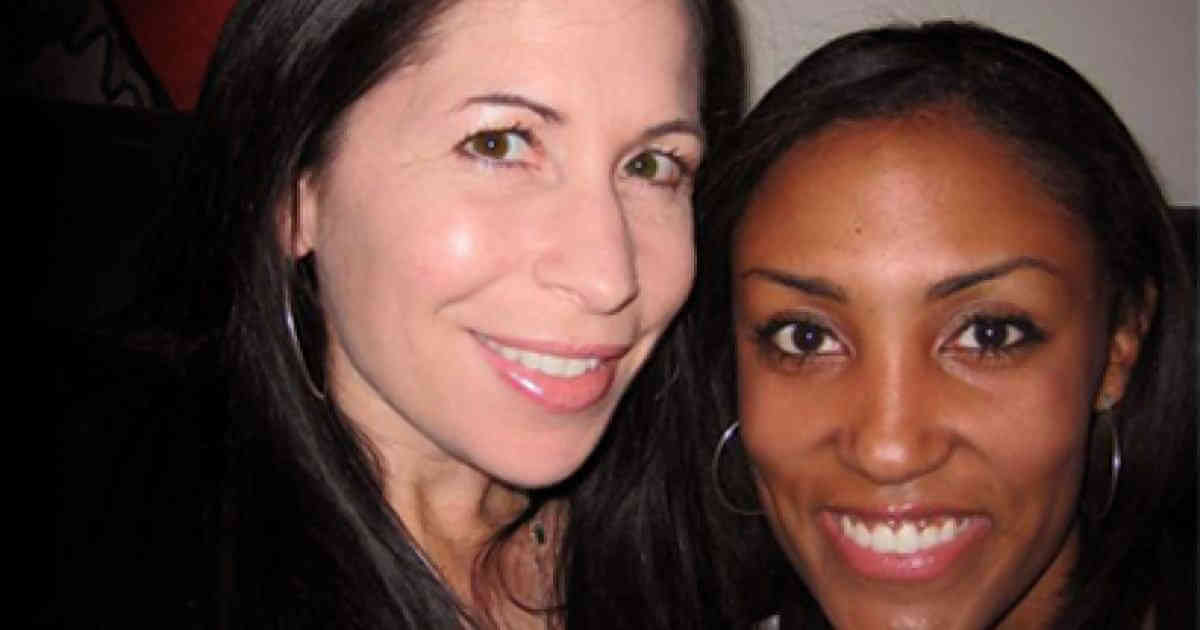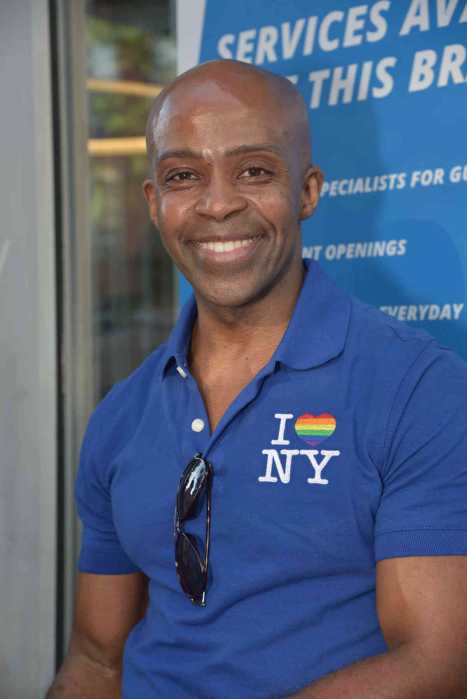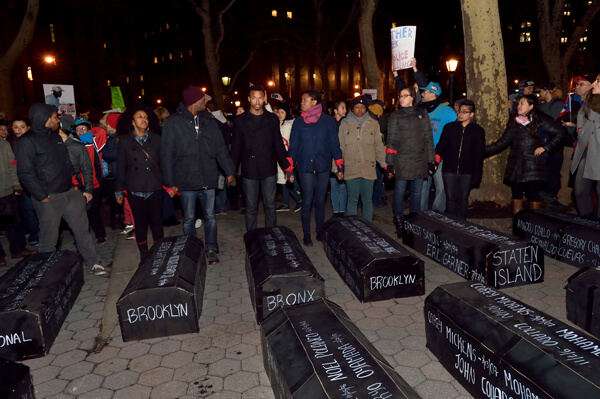The US Supreme Court announced on March 18 that it will not review a 2018 decision by Hawaii’s Intermediate Court of Appeals ruling that a small bed & breakfast operating in a private home violated the state’s civil rights law by denying accommodations to an unmarried lesbian couple. Hawaii’s civil rights law forbids businesses that are “public accommodations” from discriminating in providing their services based on the sexual orientation of customers.
The key issues raised in the case were whether such an operation is covered by the public accommodations law and if the owner, Phyllis Young, who lives there and operates it personally, could raise constitutional claims against being required to accommodate a lesbian couple in her home.
Young operates Aloha B&B out of her four-bedroom house, and has averaged between 100 and 200 customers a year. She advertises on her own website and some third-party sites.
Diane Cervelli and Taeko Bufford, a lesbian couple, emailed to inquire about renting a room for a vacation trip. Young immediately responded that a room was available, and Cervelli phoned two weeks later to book it. When she mentioned that she would be accompanied by another woman, Young asked whether they were lesbians. When Cervelli said, “Yes,” Young responded, “We’re strong Christians. I’m very uncomfortable in accepting the reservation from you.” She refused the reservation and hung up on Cervelli.
Bufford then called and attempted to reserve the room, but again Young refused. Bufford asked her whether it was because she and Cervelli were lesbians, and Young said, “Yes.” Young referred to her religious beliefs as the reason she was refusing the reservation.
Judge Craig Nakamura, writing for the Hawaii court, noted, “there was no other reason for Young’s refusal to accept Plaintiffs’ request for a room.”
The women filed a discrimination claim with the Hawaii Civil Rights Commission, which concluded they had a legitimate case. Represented by Lambda Legal with local attorneys from Honolulu, with the Civil Rights Commission intervening as a co-plaintiff, the women filed a lawsuit. Attorneys from Alliance Defending Freedom (ADF), the anti-LGBTQ religious litigation group, joined with local attorneys to defend the B&B.
Judge Edwin C. Nacino of the Circuit Court in Hawaii easily rejected the B&B’s argument that it was not a public accommodation, but rather a landlord that would not be covered by this law. State law prohibits sexual orientation discrimination in residential rentals, but doesn’t apply to facilities with four or fewer units. While the B&B has only four bedrooms, the evidence of up to 200 rentals per year made clear that Young’s business came within the “public accommodations” definition.
Young claimed that requiring her to accommodate the lesbian couple in her home violated her constitutional right to privacy, freedom of intimate association, and free exercise of religion. The circuit court rejected these defenses, and awarded summary judgment to the plaintiffs.
The appeals court affirmed the trial judge on all points. Judge Nakamura wrote that “to the extent that Young has chosen to operate her bed and breakfast business from her home, she has voluntarily given up the right to be left alone,” thus rejecting her privacy claim. Opening up her residence to 100 to 200 paying guests a year is inconsistent with such a privacy claim. And even though Young lives there, the extent of commercial activity means that “it is no longer a purely private home.”
The court similarly rejected the intimate association claim, which applies to family relationships and other small-group settings.
“The relationship between Aloha B&B and the customers to whom it provides transient lodging is not the type of intimate relationship that is entitled to constitutional protection against a law designed to prohibit discrimination in public accommodations,” said the appeals court.
Finally, the court found that Young’s federal constitutional religious freedom claim would be foreclosed by the US Supreme Court’s 1990 decision in Employment Division v. Smith, where it held that “neutral laws of generally applicability need not be justified by a compelling governmental interest even when they have the incidental effect of burdening a particular religious practice.”
And the appeals court, responding to ADF’s claim that Hawaii’s Constitution provided stronger religious freedom protections than the US Constitution, found, in any event, that “Hawaii has a compelling state interest in prohibiting discrimination in public accommodations” that trumped any such claim.
The Hawaii Supreme Court refused to hear an appeal, so Young took the case to the US Supreme Court, posing two questions: “Whether holding Mrs. Young liable without fair notice that her actions could be unlawful violates the Fourteenth Amendment’s Due Process Clause, and whether the Commission’s efforts to punish Mrs. Young for exercising her religious beliefs in her own home violate the First Amendment’s Free Exercise Clause?”
The first question reflected what Young said was her sincere belief that she was covered by the exemption for rental operations with four or fewer bedrooms. The court of appeals had easily rejected this argument, and this is not the kind of procedural argument the Supreme Court is likely to take up.
The second question was intended to tempt members of the high court who have been calling for a reconsideration of the 1990 Employment Division v. Smith precedent, which was controversial when decided. Prior to that ruling, the Supreme Court had required the government to show a “compelling interest” when laws burdening free exercise of religion were challenged in court.
Despite calls for reconsidering 1990 precedent, most prominently by Justice Neil Gorsuch in his concurring opinion in the Masterpiece Cakeshop Colorado wedding cake case last June, this petition evidently did not lure at least four members of the court to use this case as a vehicle to expand the religious freedom of business owners to turn down customers based on their religious beliefs. The court had avoided the issue in the Masterpiece Cakeshop by deciding it on a different, narrower ground.
There is, however, an Oregon wedding cake case pending where the high court could reconsider the 1990 precedent. The other shoe could yet drop.
Meanwhile, unless Young agrees to a settlement, she faces further proceedings in the Hawaii to determine what damages, if any, she will be ordered to pay to Cervelli and Bufford for unlawfully discriminating against them.





































